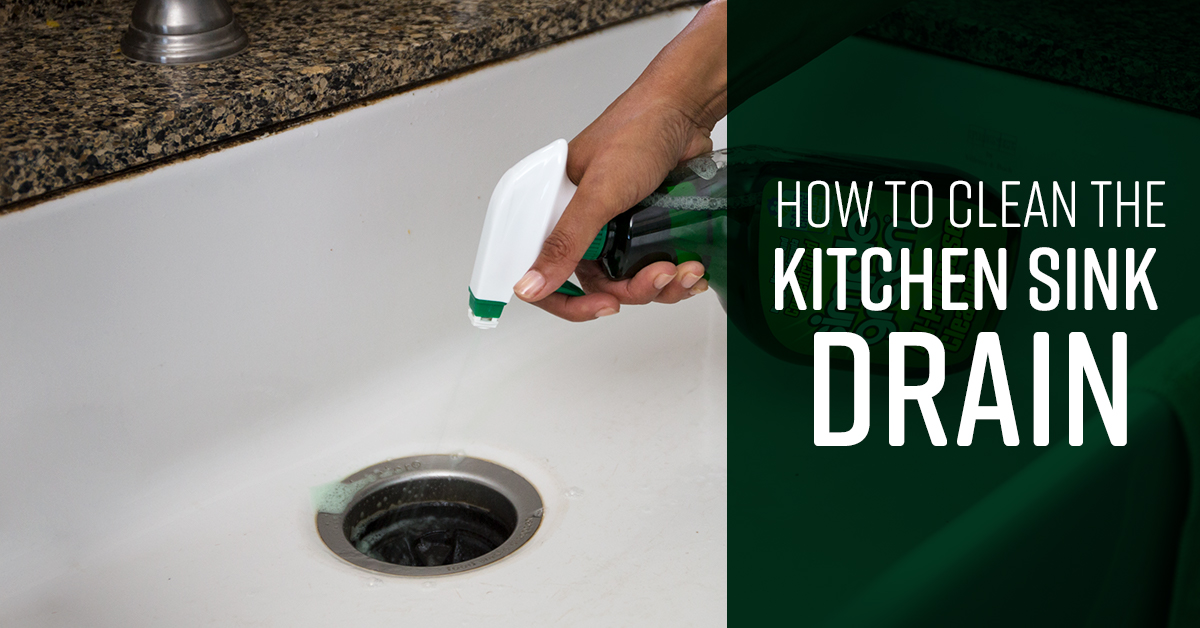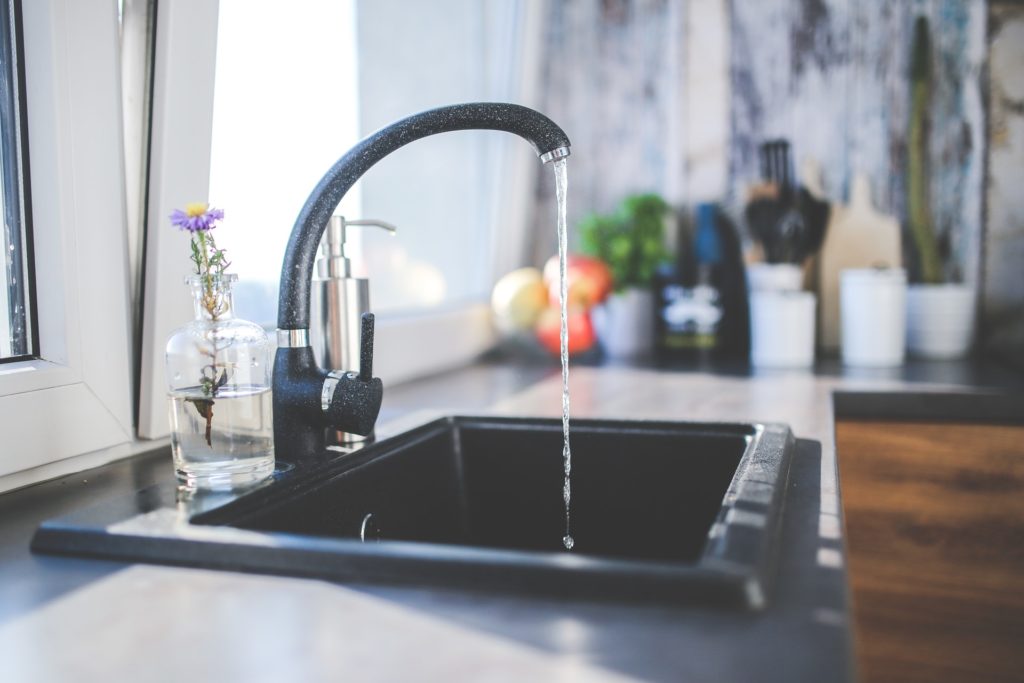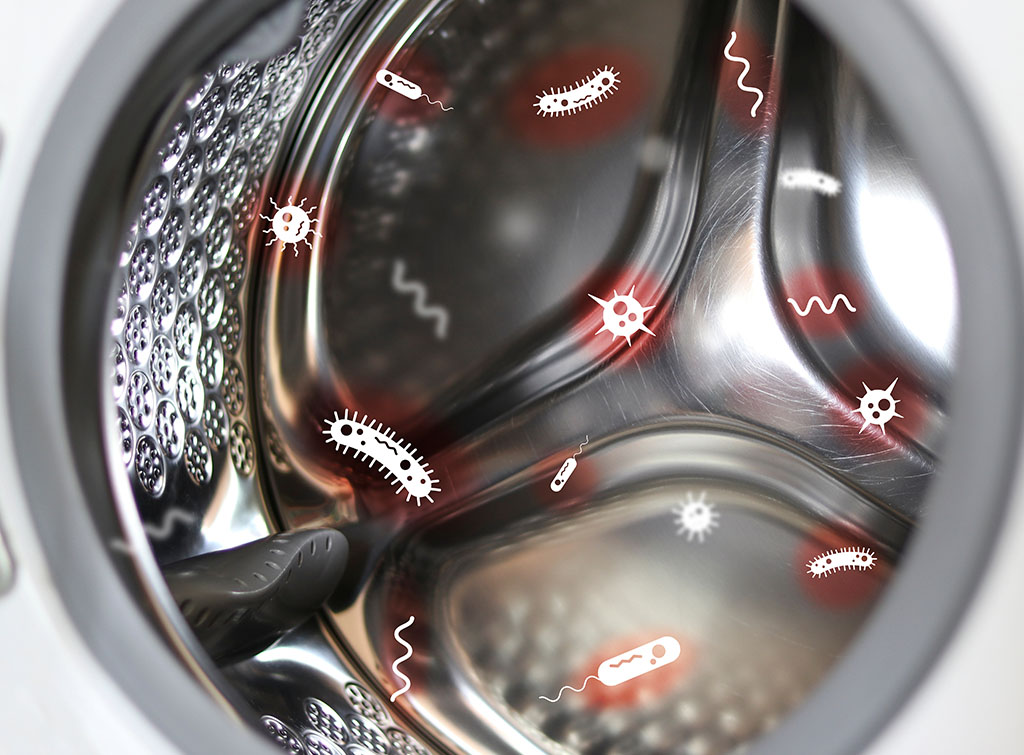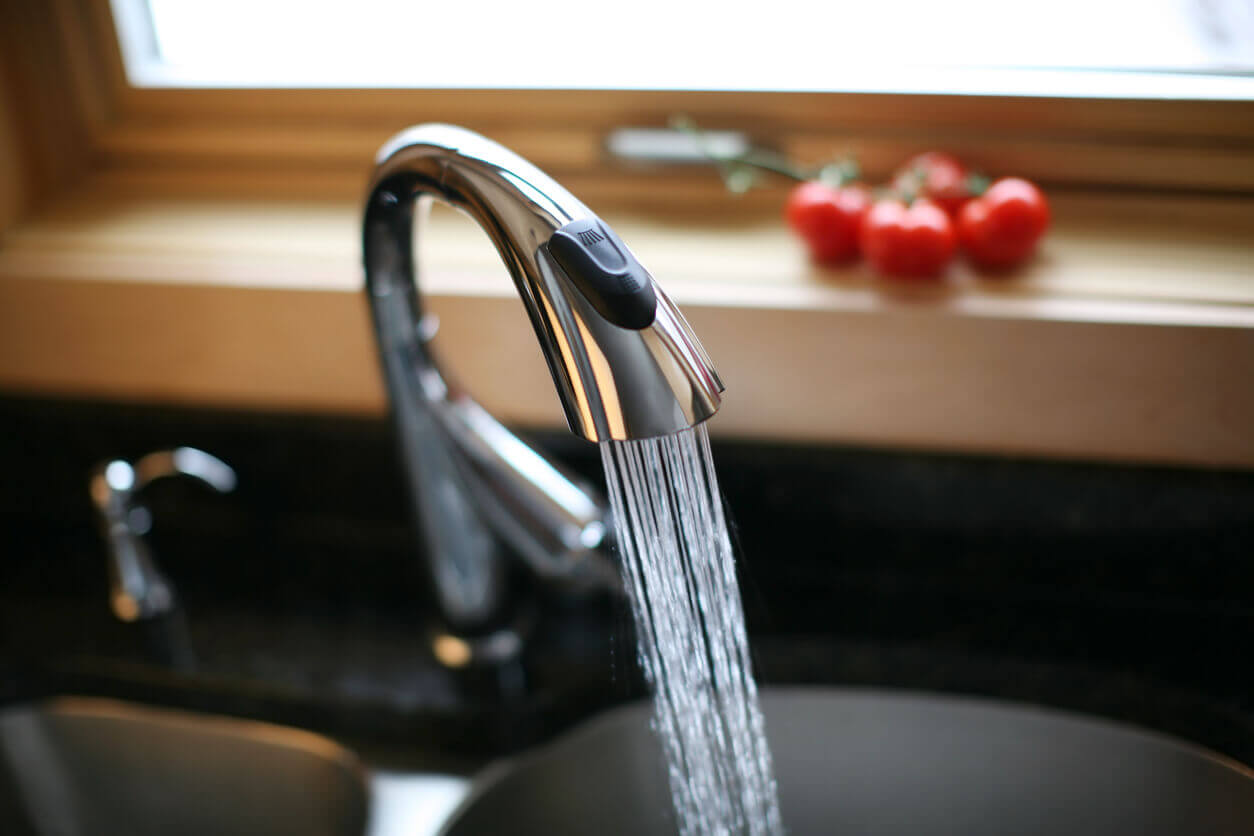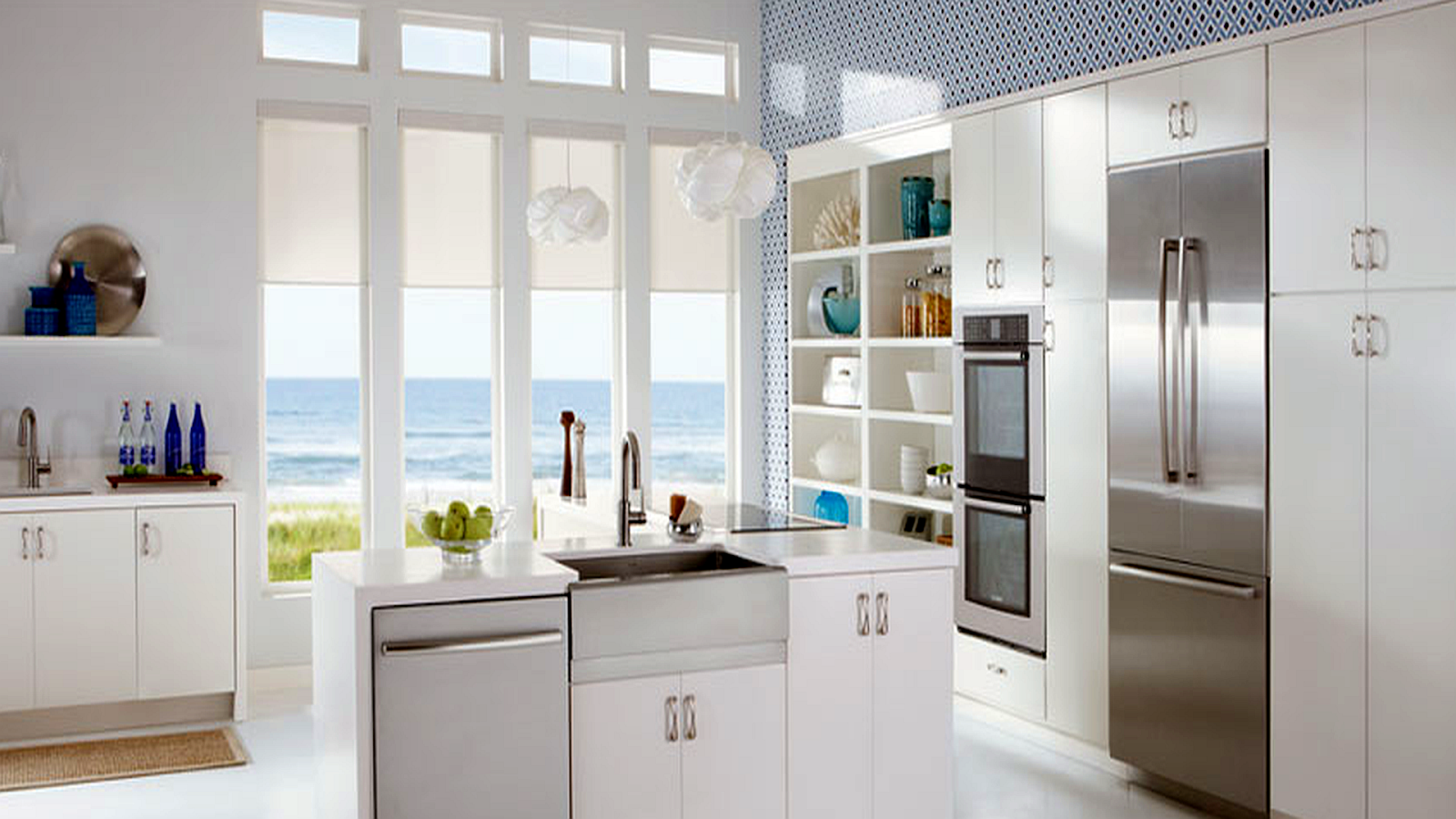If you've noticed a less-than-pleasant odor coming from your kitchen sink, you're not alone. A smelly kitchen sink is a common household issue that can be caused by a variety of factors. One of the main reasons for a stinky sink is the buildup of food particles and grease in the drain. These can create a breeding ground for bacteria and mold, resulting in a foul smell. Other potential causes include clogged pipes, sewer gas leaks, and even a dry P-trap.1. Causes of a Smelly Kitchen Sink
Thankfully, there are several ways to eliminate the unpleasant odor coming from your kitchen sink. One of the most effective methods is using a mixture of hot water, baking soda, and vinegar. Simply pour a cup of baking soda down the drain, followed by a cup of vinegar. Let the mixture sit for a few minutes before flushing it down with hot water. This will help break down any buildup and eliminate odors.2. How to Get Rid of a Bad Smell in the Kitchen Sink
If you prefer to use natural remedies, there are plenty of options to choose from. Lemon juice, for example, is a natural disinfectant and can help combat bacteria and mold in your sink. You can also try pouring a cup of salt and a cup of baking soda down the drain, followed by a kettle of boiling water. This will help dissolve any buildup and neutralize the smell.3. Natural Remedies for a Stinky Kitchen Sink
In addition to food particles and grease, there are other common reasons for a bad smell coming from your kitchen sink. One of them is a dry P-trap, which is the curved pipe under your sink that holds water and prevents sewer gas from entering your home. If this trap dries out, it can allow odors to escape. Running water regularly can help prevent this issue.4. Common Reasons for a Foul Odor in the Kitchen Sink
Prevention is key when it comes to keeping your kitchen sink smelling fresh. One of the best ways to prevent odors is by regularly cleaning your sink and drain. This includes scrubbing the inside of your sink with a mixture of hot water and dish soap, as well as using a drain cleaner or natural remedy on a weekly basis. It's also important to avoid pouring grease and food scraps down the drain.5. Tips for Preventing a Smelly Kitchen Sink
If you're a fan of DIY solutions, there are plenty of options for getting rid of a smelly kitchen sink. For example, you can try making your own drain cleaner using a combination of salt, baking soda, and vinegar. You can also try using lemon peels or essential oils to freshen up your sink and drain.6. DIY Solutions for a Smelly Kitchen Sink
If natural remedies and DIY solutions aren't doing the trick, it may be time to turn to professional products. There are a variety of drain cleaners and deodorizers on the market specifically designed to eliminate odors from kitchen sinks. These products can be effective, but it's important to read the instructions carefully and use them safely.7. Professional Products for Eliminating Kitchen Sink Odors
Cleaning and deodorizing your kitchen sink drain is an important step in preventing and eliminating odors. To do this, you can use a store-bought drain cleaner or make your own using vinegar and baking soda. Pour the mixture down the drain and let it sit for a few minutes before flushing it with hot water. You can also use a drain brush to scrub the inside of the drain for a more thorough clean.8. How to Clean and Deodorize a Kitchen Sink Drain
Sometimes, we unknowingly make mistakes that can contribute to a smelly kitchen sink. For example, pouring hot grease down the drain can cause it to solidify and clog the pipes. Additionally, throwing coffee grounds or eggshells down the sink can also lead to clogs and odors. It's important to be mindful of what you're putting down your drain to avoid these issues.9. Common Mistakes That Can Cause a Smelly Kitchen Sink
In some cases, a smelly kitchen sink may be a sign of a larger issue. If you notice persistent odors or a slow-draining sink, it could be a sign of a clogged or damaged pipe. It's important to address these issues promptly to avoid further damage and potential health hazards. If DIY methods aren't working, it may be best to call a professional plumber for assistance.10. Signs That Your Kitchen Sink Smell Could Indicate a Bigger Problem
How to Eliminate Bad Smells Coming from Your Kitchen Sink

Understanding the Source of the Problem
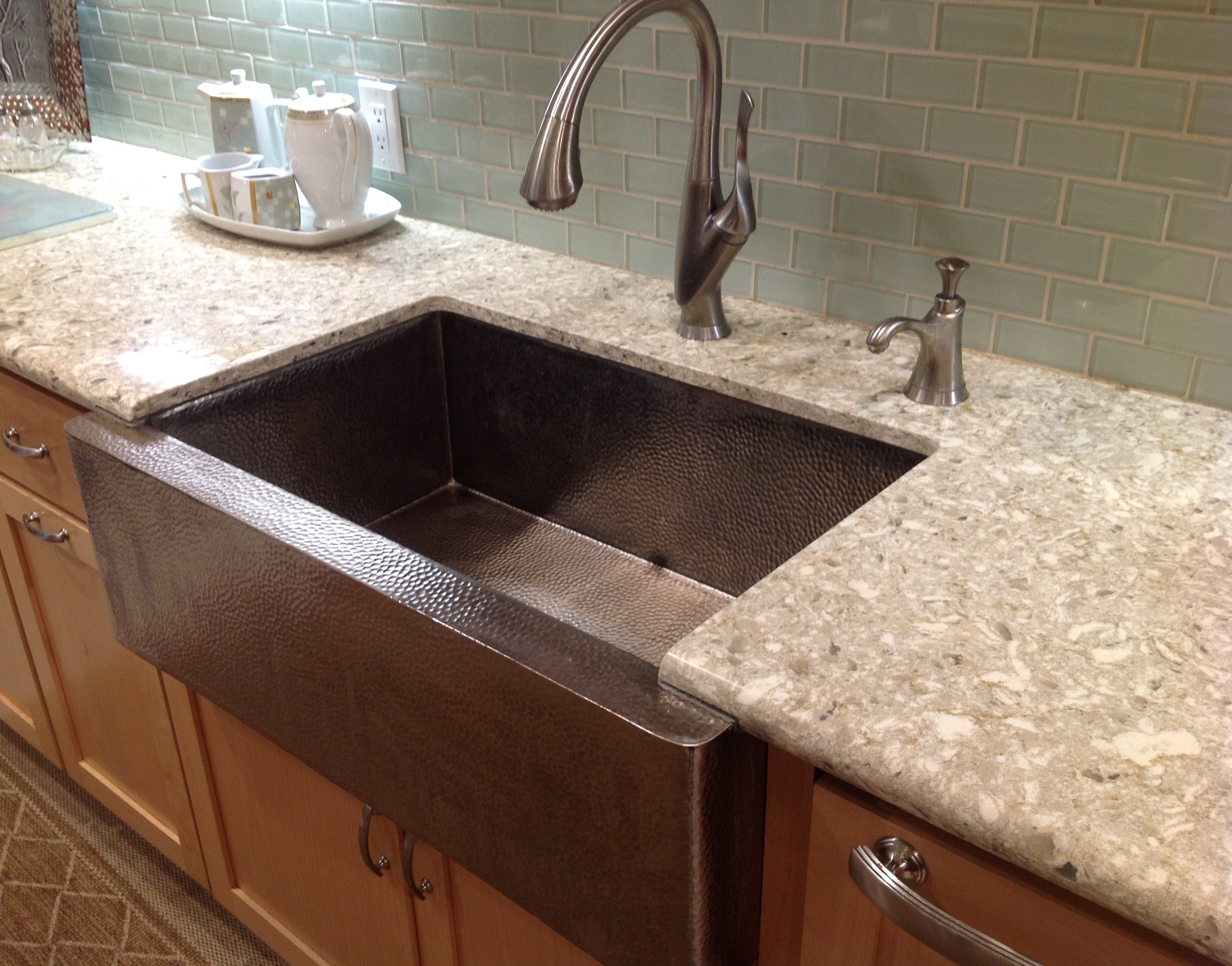 There's nothing worse than entering your kitchen and being hit with a foul odor coming from your sink. Not only is it unpleasant, but it can also be embarrassing when guests come over. But before you can eliminate the bad smell, it's important to understand where it's coming from.
Kitchen sinks
can harbor a variety of
bacteria
and
food particles
that can produce unpleasant odors over time. These
organic materials
can get stuck in the drains and pipes, creating a breeding ground for
harmful microorganisms
that produce
rotten
and
decaying
smells.
There's nothing worse than entering your kitchen and being hit with a foul odor coming from your sink. Not only is it unpleasant, but it can also be embarrassing when guests come over. But before you can eliminate the bad smell, it's important to understand where it's coming from.
Kitchen sinks
can harbor a variety of
bacteria
and
food particles
that can produce unpleasant odors over time. These
organic materials
can get stuck in the drains and pipes, creating a breeding ground for
harmful microorganisms
that produce
rotten
and
decaying
smells.
Regularly Clean Your Sink and Garbage Disposal
 The key to preventing bad smells in your kitchen sink is to keep it clean. Make it a habit to regularly
scrub
and
sanitize
the sink and
garbage disposal
with a mixture of
baking soda
and
white vinegar
. These
natural cleaners
not only eliminate odors but also help to
break down
any
build-up
in the pipes. You can also
pour hot water
and
lemon juice
down the drain to
freshen
and
deodorize
your sink.
The key to preventing bad smells in your kitchen sink is to keep it clean. Make it a habit to regularly
scrub
and
sanitize
the sink and
garbage disposal
with a mixture of
baking soda
and
white vinegar
. These
natural cleaners
not only eliminate odors but also help to
break down
any
build-up
in the pipes. You can also
pour hot water
and
lemon juice
down the drain to
freshen
and
deodorize
your sink.
Use a Garbage Disposal Cleaner
 Even with regular cleaning, there may still be stubborn food particles and bacteria lingering in your garbage disposal. That's why it's important to use a
specific cleaner
designed for garbage disposals. These cleaners are
formulated
to
remove
any
lingering
grime and
odor-causing
bacteria. Simply follow the instructions on the cleaner and run it through your garbage disposal to
leave it smelling fresh
and
clean
.
Even with regular cleaning, there may still be stubborn food particles and bacteria lingering in your garbage disposal. That's why it's important to use a
specific cleaner
designed for garbage disposals. These cleaners are
formulated
to
remove
any
lingering
grime and
odor-causing
bacteria. Simply follow the instructions on the cleaner and run it through your garbage disposal to
leave it smelling fresh
and
clean
.
Consider a Professional Cleaning
 If the bad smell persists, it may be time to call in a professional. A
plumber
or
drain cleaning service
can
thoroughly
clean
and
deodorize
your kitchen sink and pipes. They have the
tools
and
expertise
to
remove
any
stubborn
build-up
and
eliminate
any
lingering
bacteria
. Plus, they can also
identify
any
underlying issues
with your plumbing that may be contributing to the bad smell.
If the bad smell persists, it may be time to call in a professional. A
plumber
or
drain cleaning service
can
thoroughly
clean
and
deodorize
your kitchen sink and pipes. They have the
tools
and
expertise
to
remove
any
stubborn
build-up
and
eliminate
any
lingering
bacteria
. Plus, they can also
identify
any
underlying issues
with your plumbing that may be contributing to the bad smell.
Incorporate Preventative Measures
 Once you've eliminated the bad smell, it's important to
maintain
a clean and fresh-smelling kitchen sink. This can be done by incorporating some
preventative measures
into your routine. For example, always
run water
while using the garbage disposal and
avoid
putting
greasy
or
fibrous
foods down the drain. You can also
regularly
pour
boiling water
down the drain to
flush out
any
residue
.
Once you've eliminated the bad smell, it's important to
maintain
a clean and fresh-smelling kitchen sink. This can be done by incorporating some
preventative measures
into your routine. For example, always
run water
while using the garbage disposal and
avoid
putting
greasy
or
fibrous
foods down the drain. You can also
regularly
pour
boiling water
down the drain to
flush out
any
residue
.
Conclusion
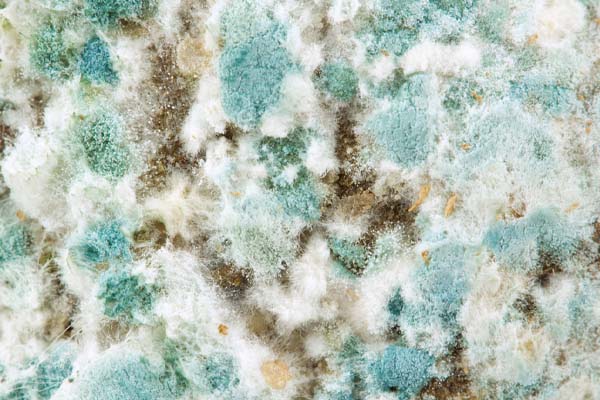 Having a bad-smelling kitchen sink can be a nuisance, but it's not an uncommon problem. By understanding the source of the issue and incorporating these tips, you can eliminate the bad smell and keep your kitchen smelling fresh. Remember to regularly clean your sink and garbage disposal, use specific cleaners, and consider a professional cleaning if needed. With these preventative measures, you can say goodbye to bad smells coming from your kitchen sink.
Having a bad-smelling kitchen sink can be a nuisance, but it's not an uncommon problem. By understanding the source of the issue and incorporating these tips, you can eliminate the bad smell and keep your kitchen smelling fresh. Remember to regularly clean your sink and garbage disposal, use specific cleaners, and consider a professional cleaning if needed. With these preventative measures, you can say goodbye to bad smells coming from your kitchen sink.




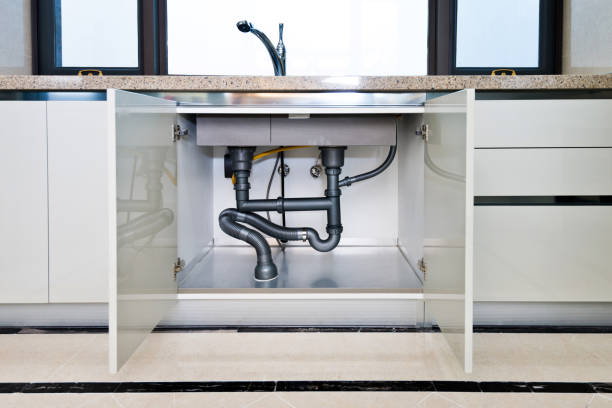
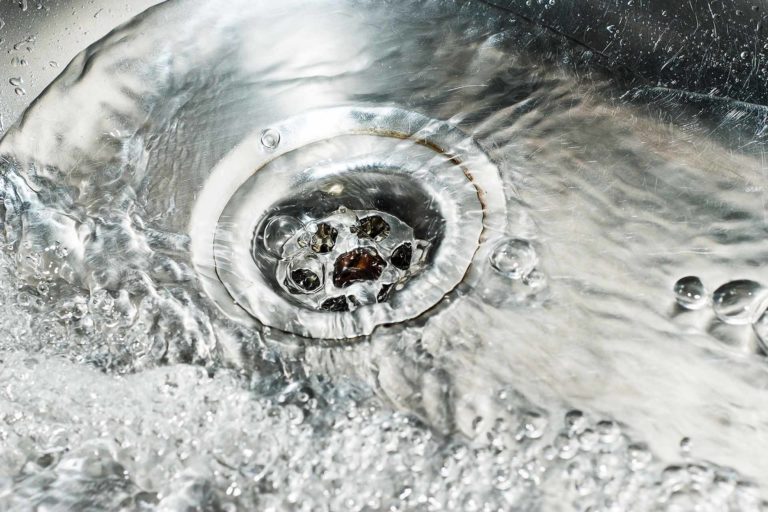
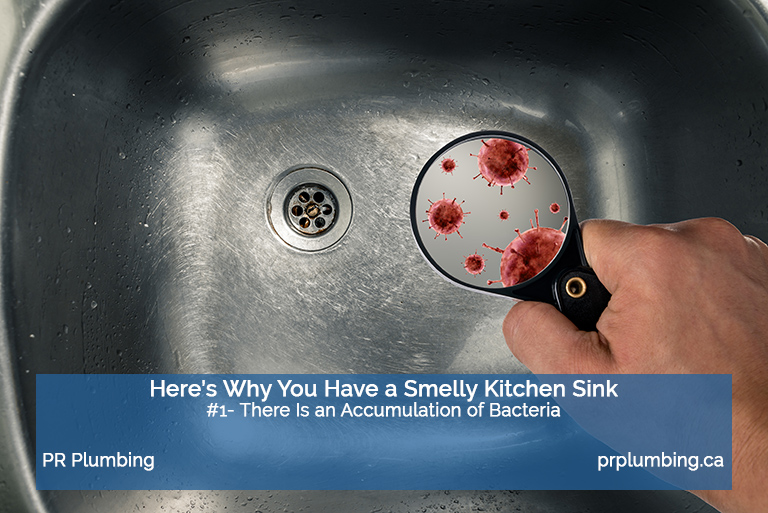

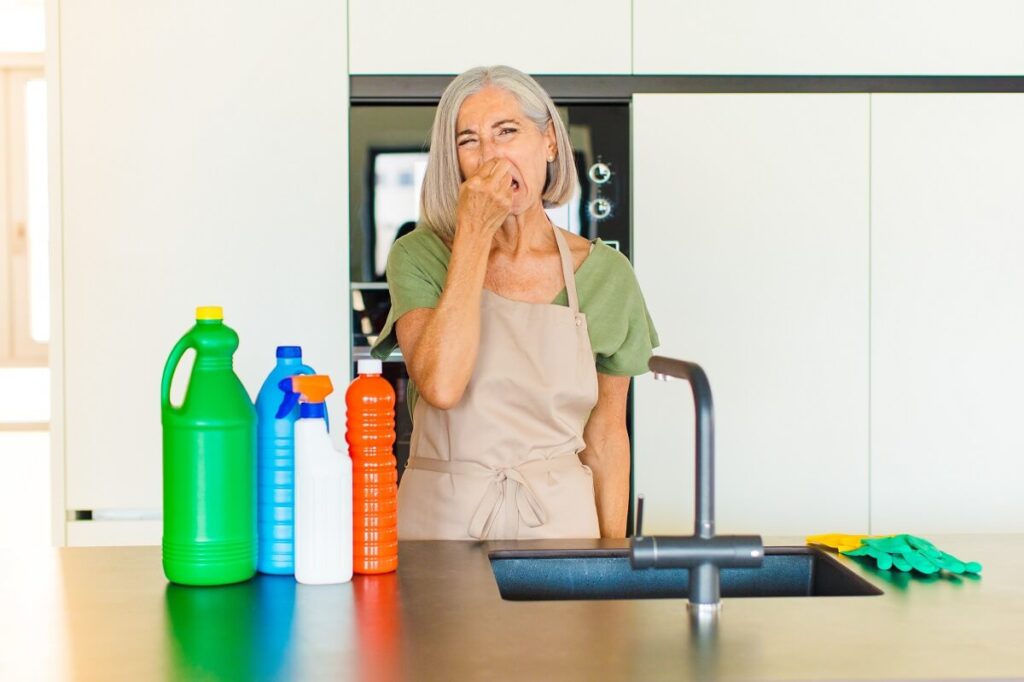
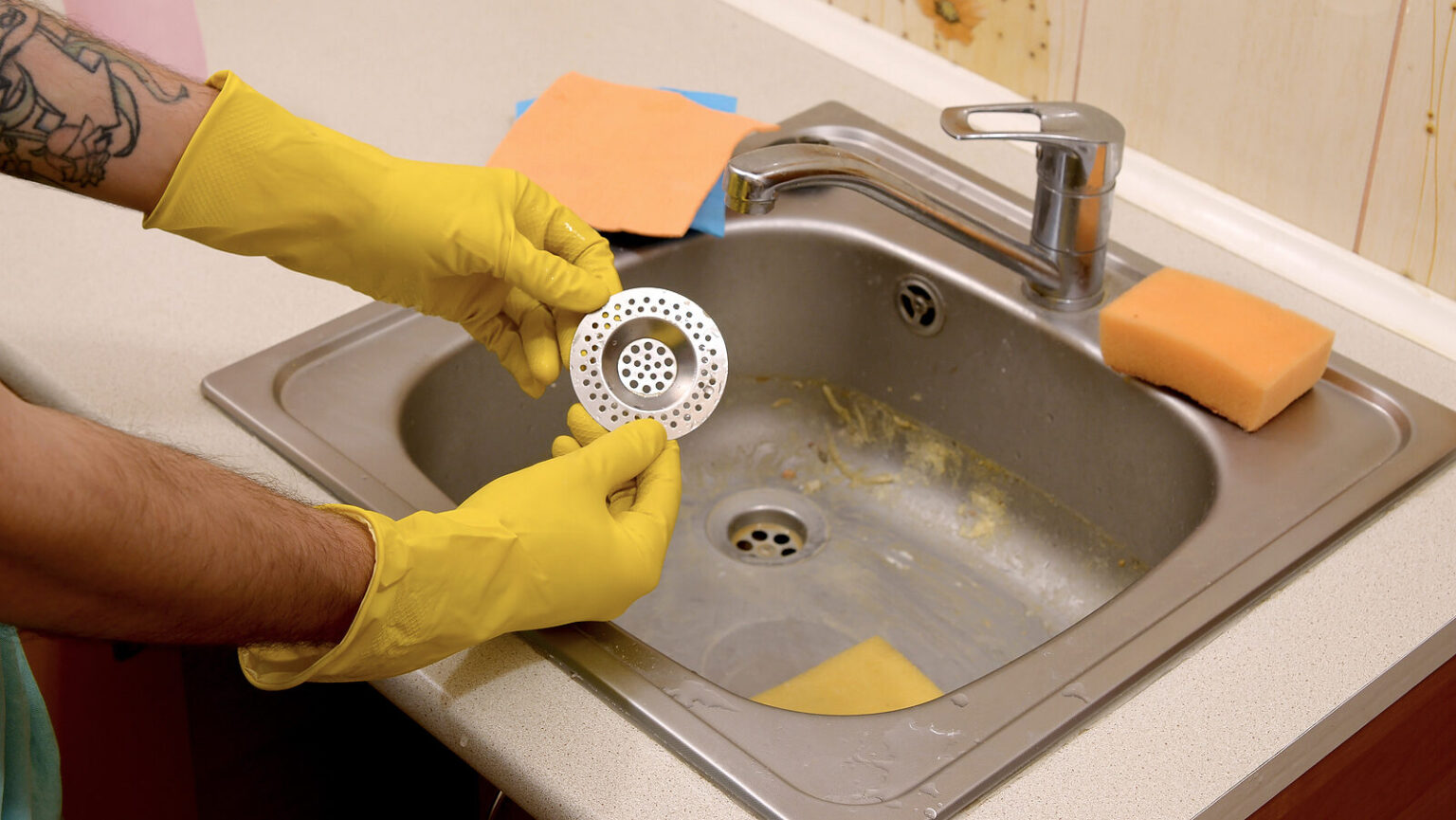







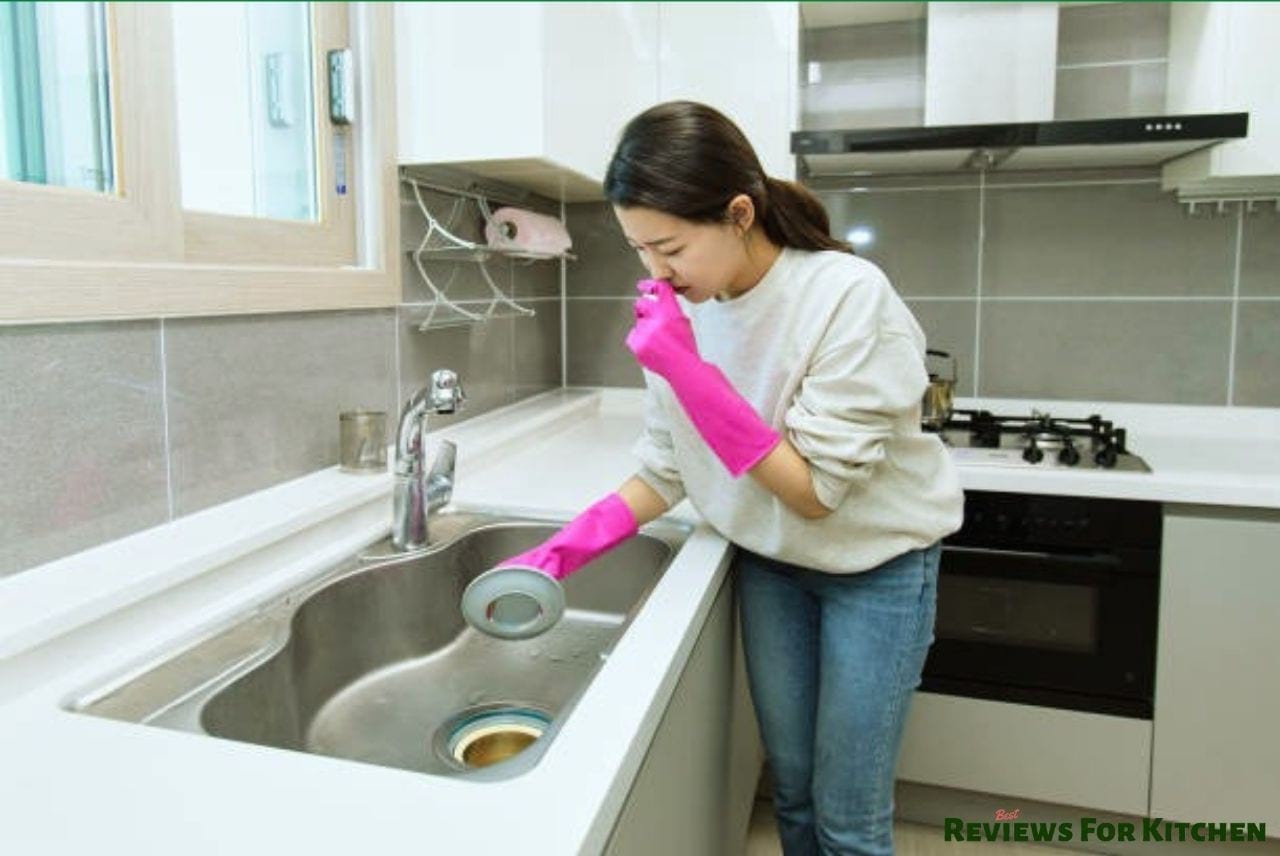




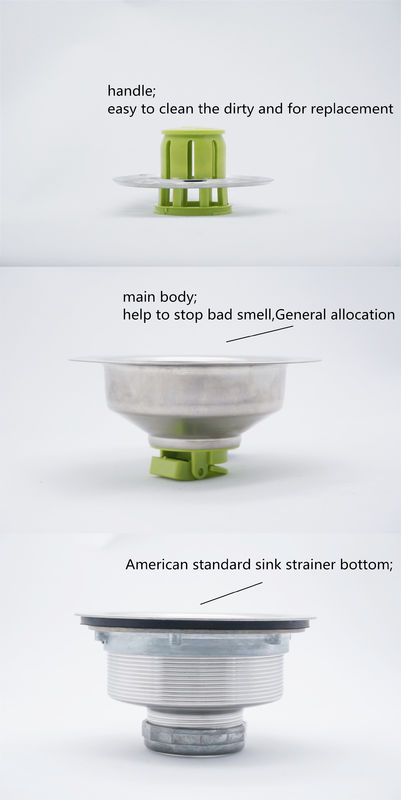

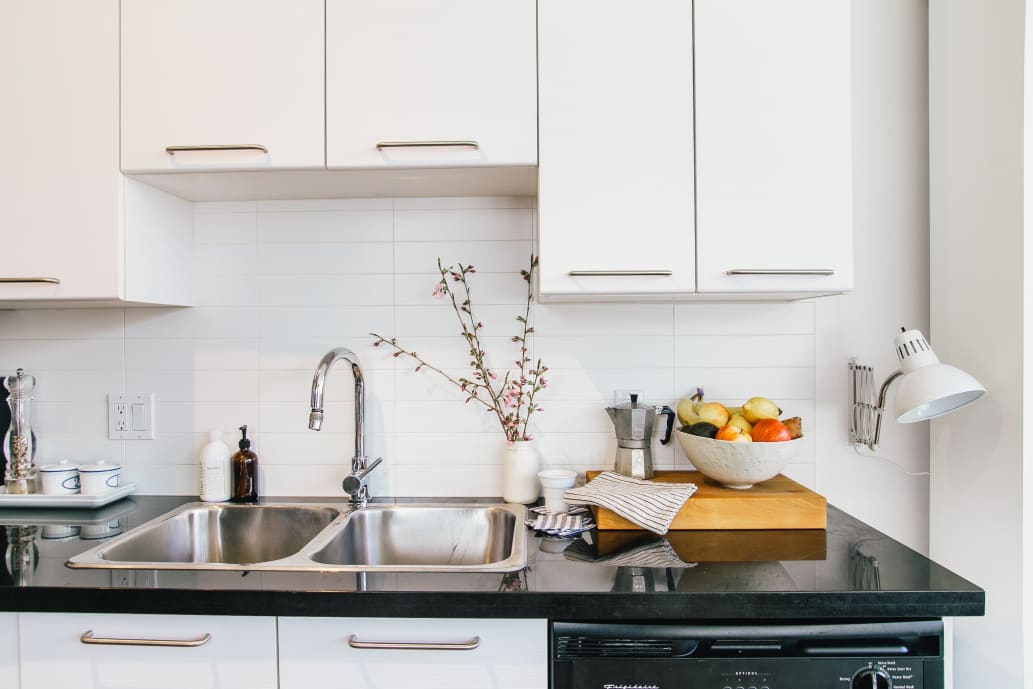





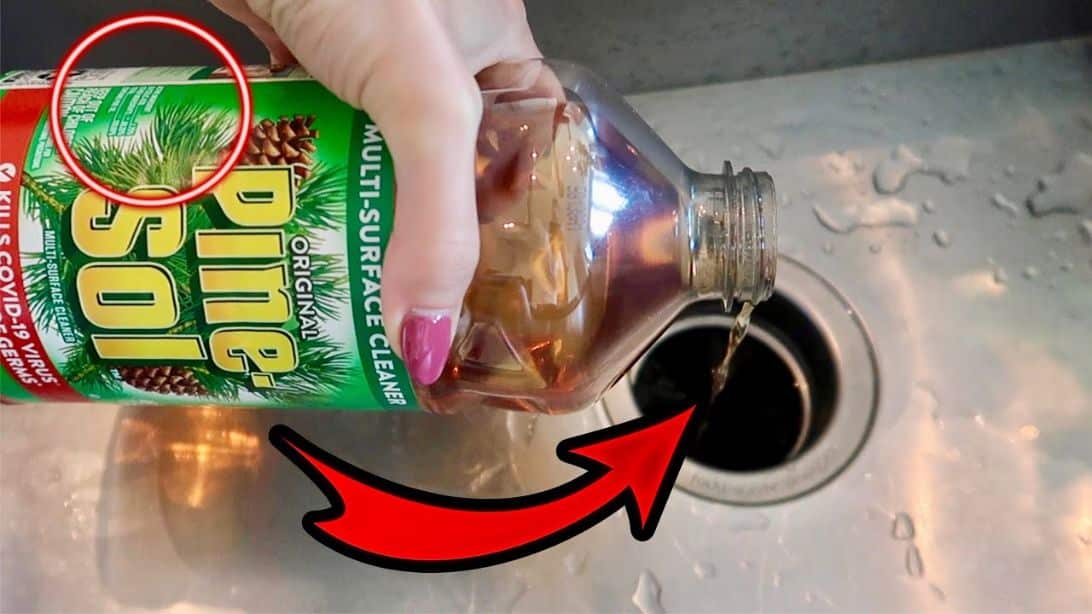





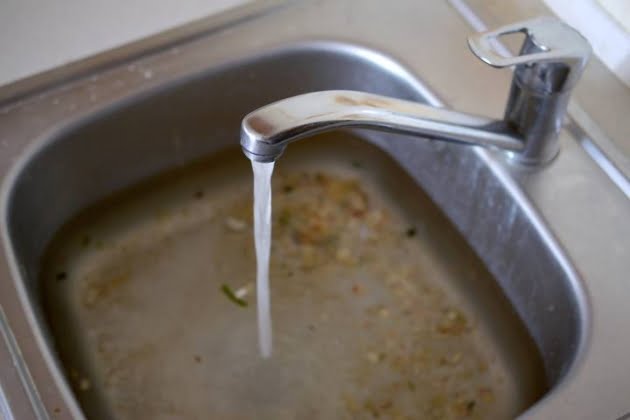


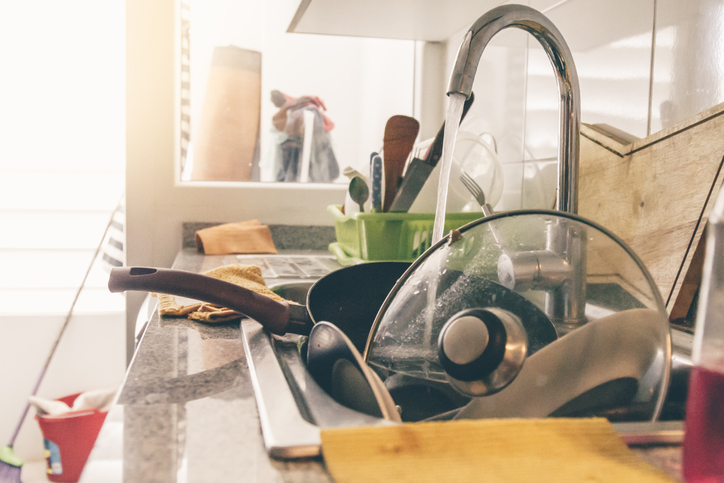
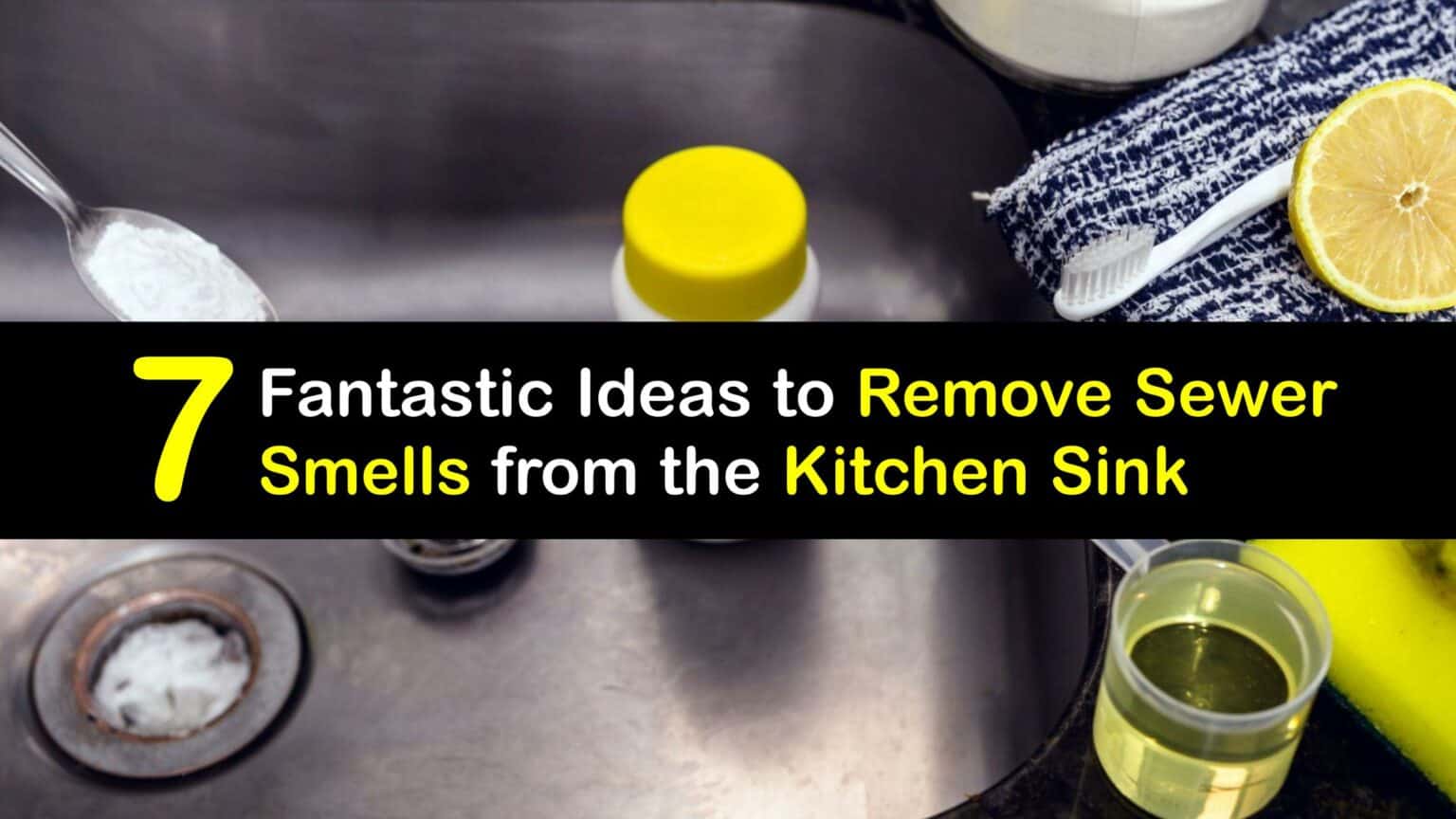



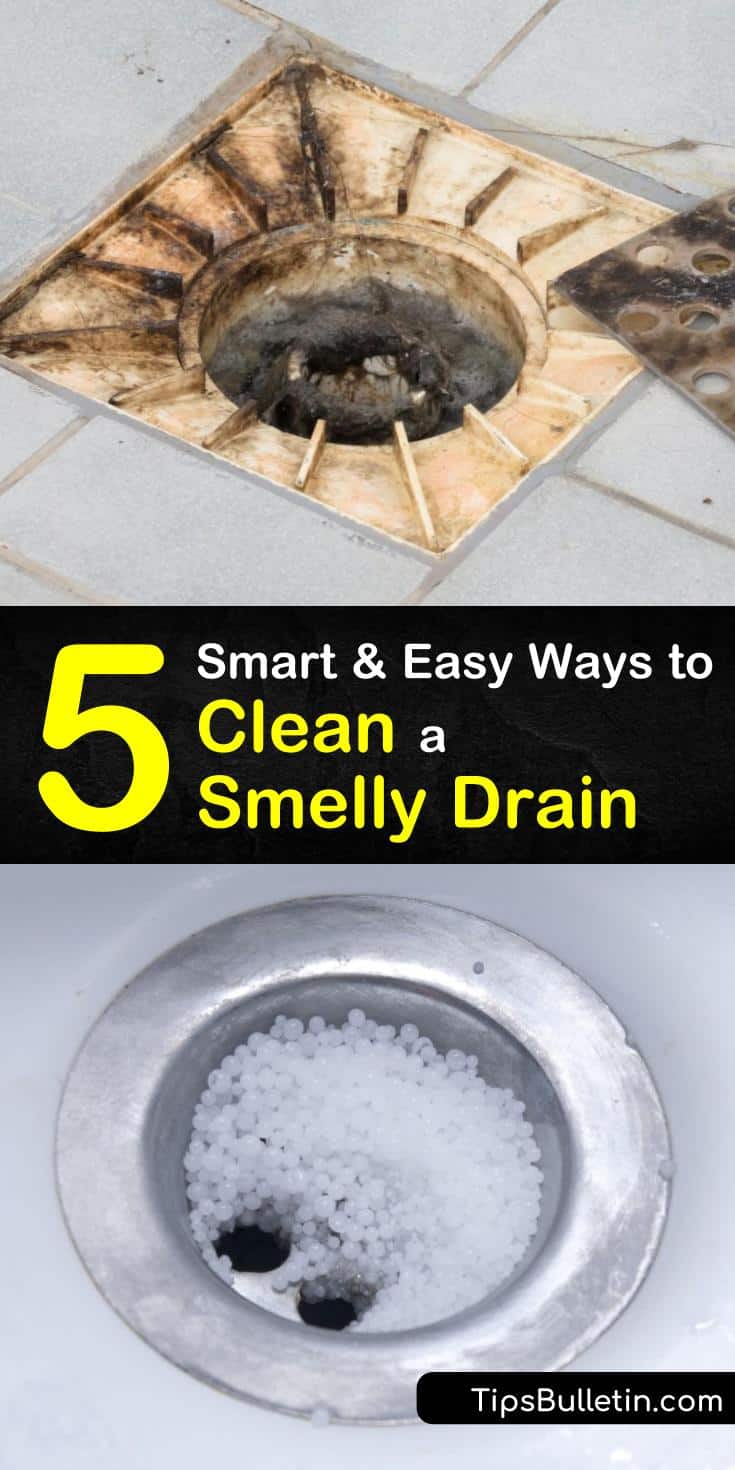


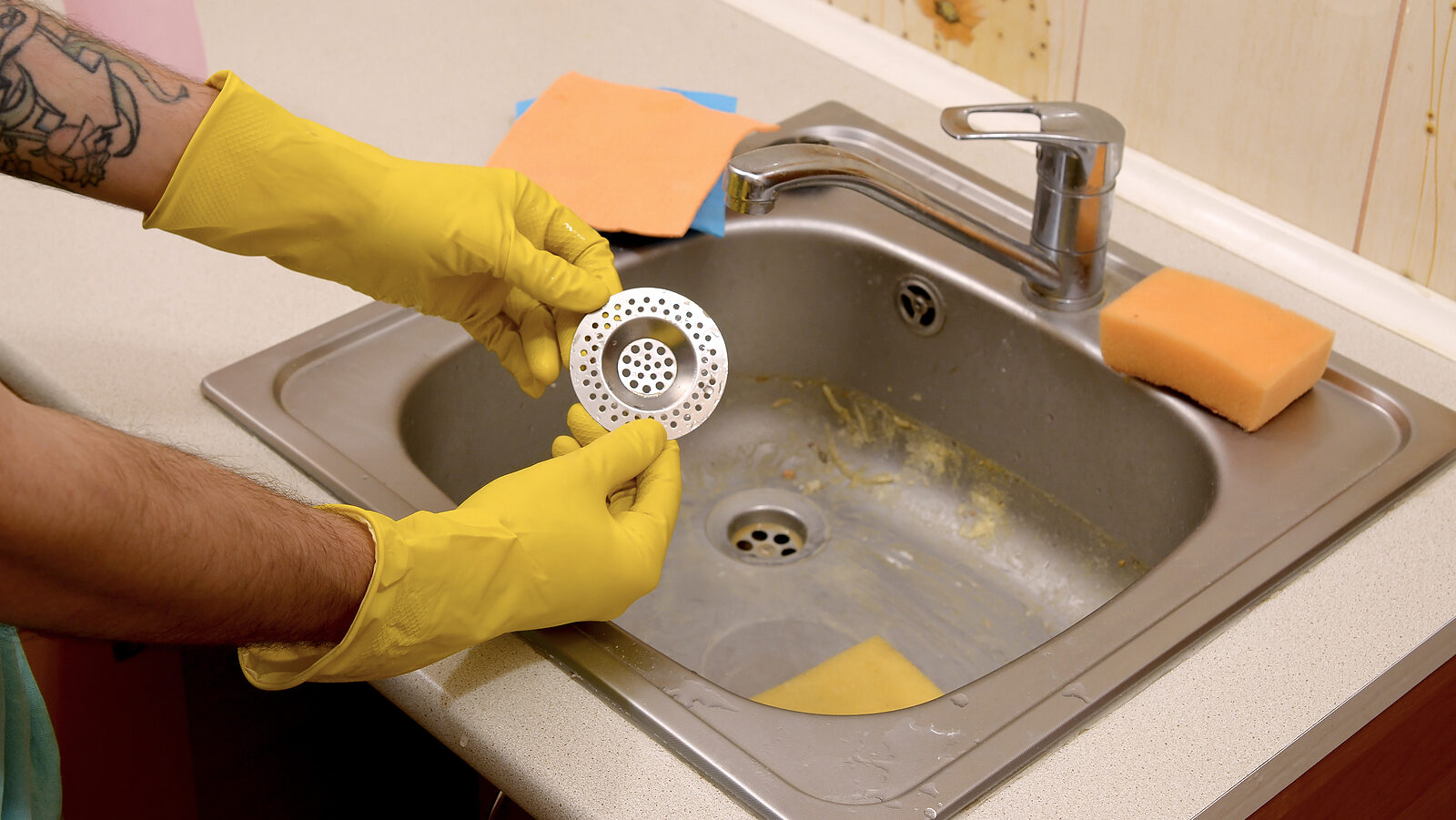

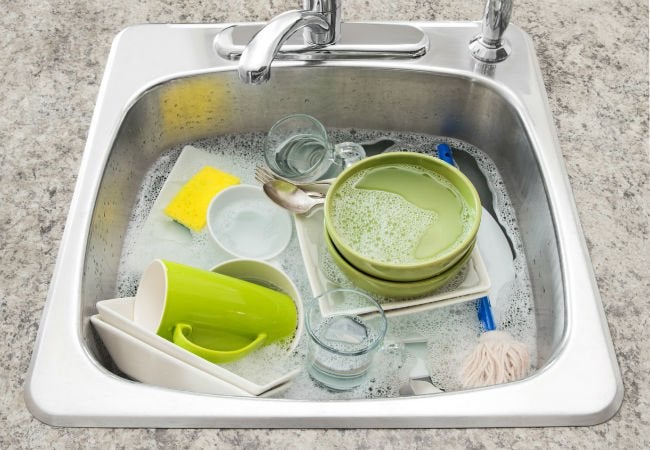
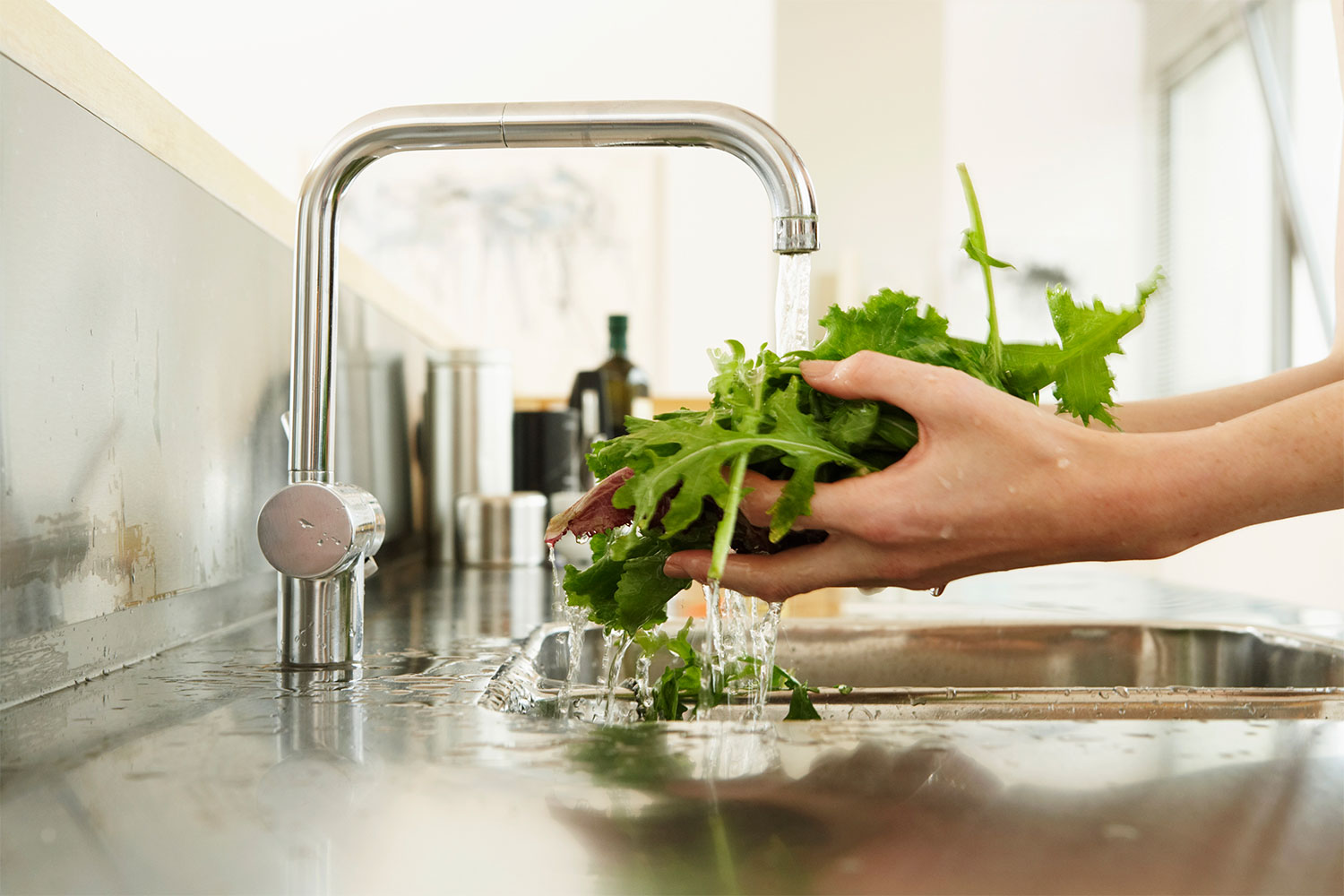
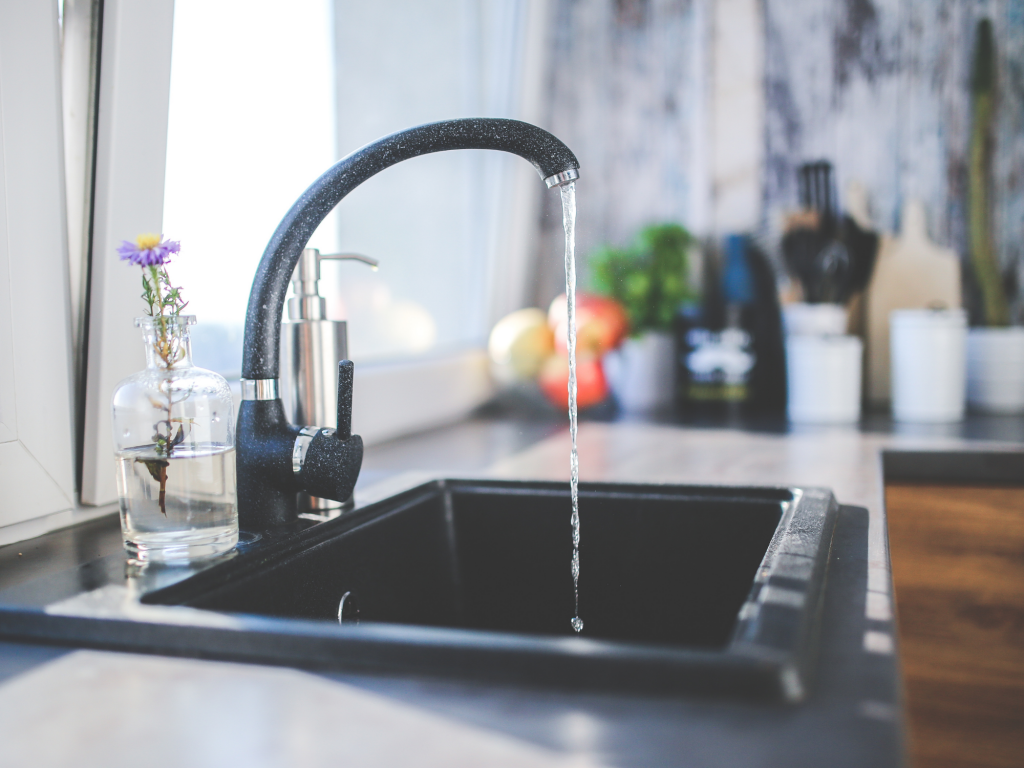







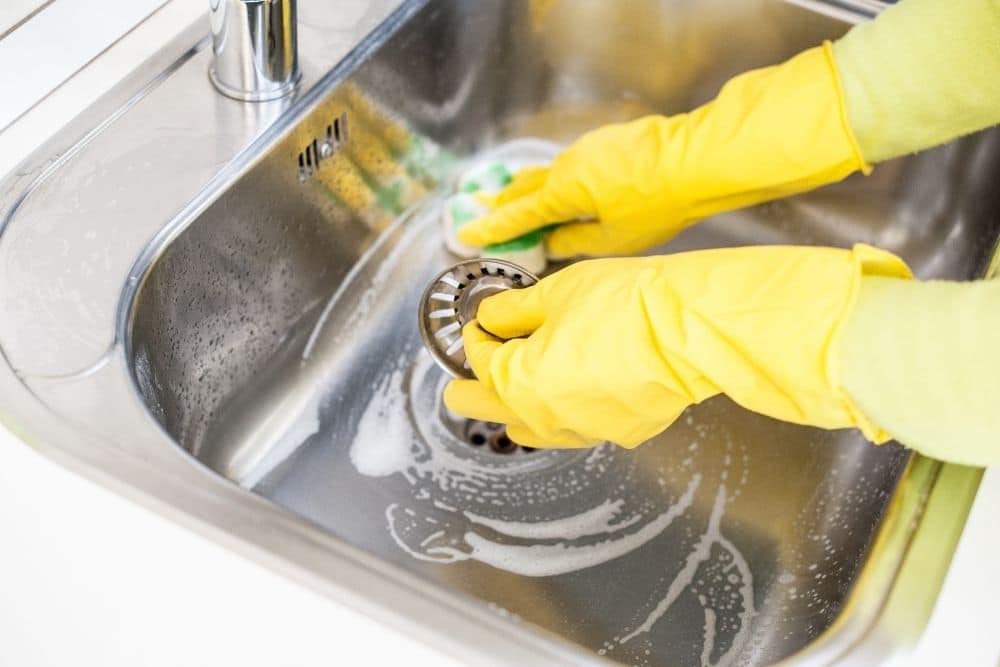
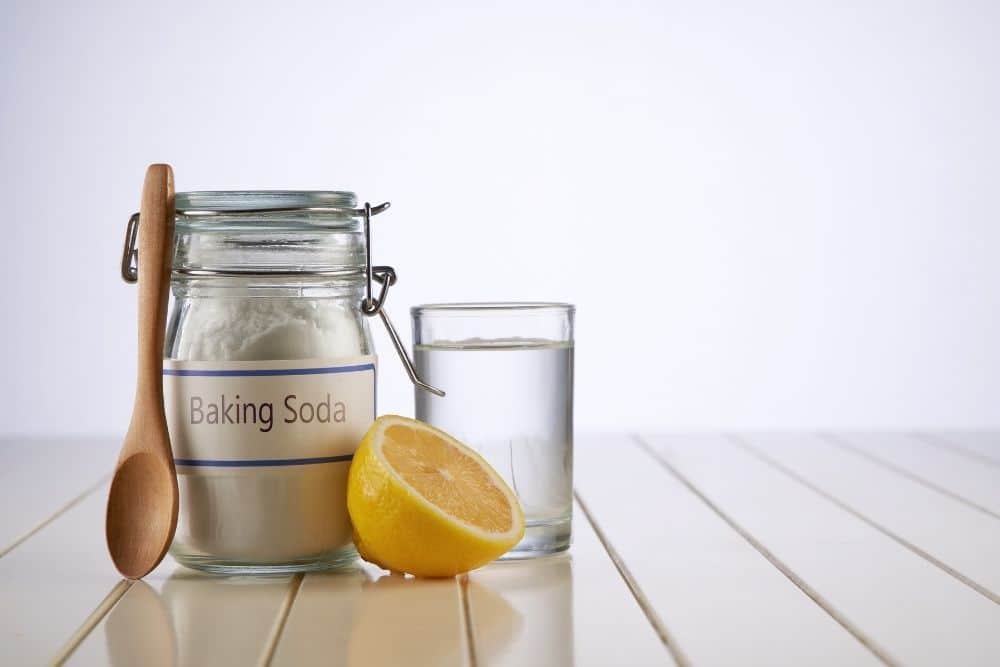


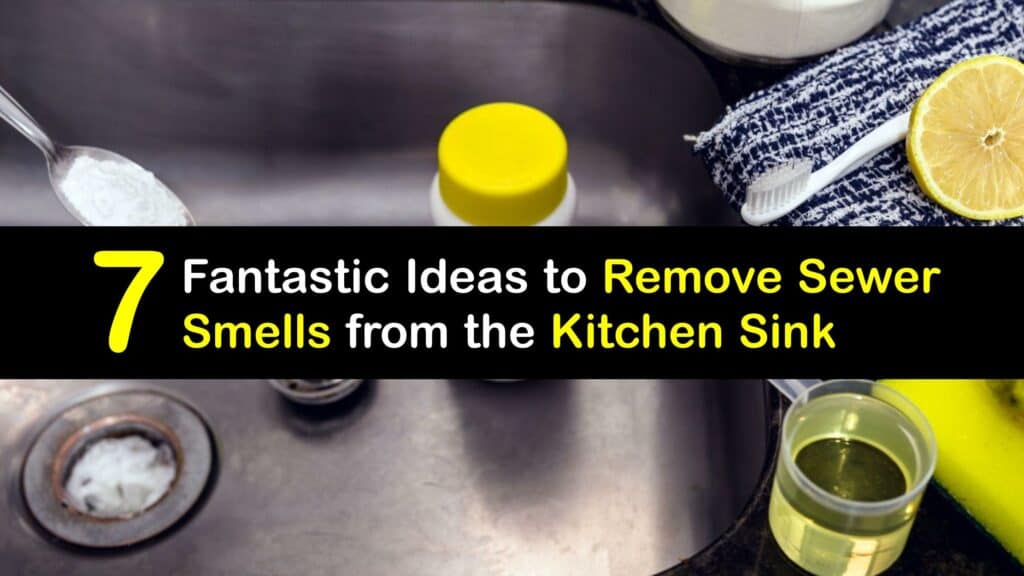



:max_bytes(150000):strip_icc()/how-to-clean-a-kitchen-sink-and-drain-01-5660035-a1d8afe3894346f9a579e66c55e64b7d.jpg)





